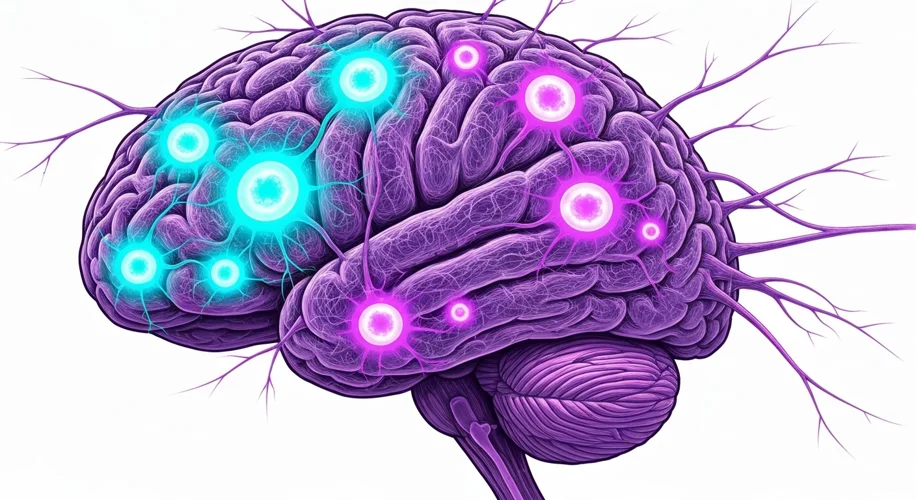Did you know that the tiny engines within our brain cells might hold the key to reversing memory loss? New research is shining a light on mitochondria, often called the “powerhouses” of our cells, and their crucial role in brain health.
For a long time, we’ve understood that as our brains age or suffer from conditions like Alzheimer’s, the way our cells generate energy can falter. This is where mitochondria come in. They are responsible for converting nutrients into energy that our cells, including brain cells, need to function properly. When these tiny engines aren’t running smoothly, it can impact everything from cognitive function to memory recall.
This groundbreaking research focused specifically on targeting these cellular powerhouses. By finding ways to boost or repair mitochondrial function in brain cells, scientists have observed a remarkable outcome: the reversal of memory loss in studies. This offers a glimmer of hope for millions affected by neurodegenerative diseases.
Think of it like this: if your car’s engine isn’t getting enough fuel or isn’t running efficiently, the car won’t perform well. Similarly, when brain cells’ mitochondria struggle, the brain’s overall performance, especially memory, can decline. The breakthrough lies in finding ways to ensure these cellular engines are well-maintained and efficiently powered.
While this research is still in its early stages and primarily conducted in labs, it opens up exciting new avenues for developing treatments. The focus on mitochondria means we might be looking at therapies that address the root cause of cellular energy failure in the brain, rather than just managing symptoms.
This is a significant step forward in understanding how to protect and restore brain function. It’s a powerful reminder of how complex and interconnected our biology is, and how focusing on the fundamental building blocks, like the energy-producing mitochondria, can lead to profound discoveries. I’m eager to see how this research continues to develop and what it could mean for the future of brain health.

